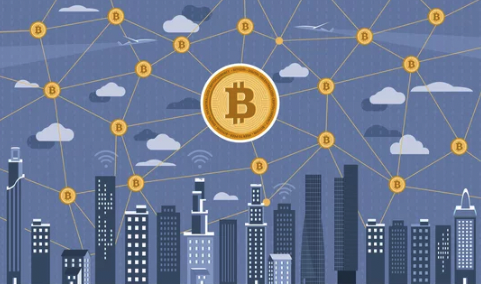
On 7 September 2021, El Salvador’s president, Nayib Bukele, made a huge announcement: They would become the first country to adopt bitcoin as a legal tender alongside their current currency, the US dollar. The government said this would be a great way to attract foreign investment, generate jobs, and reduce reliance on the US dollar. There are many benefits of having decentralized currency, including protecting individuals from bank failures or government meddling due to no requirement of a central authority and faster transaction times than fiat (legal tender backed by the issuer/government, i.e., the Canadian dollar). When implementing these new laws, the government gave the Salvadoran citizens Chivo wallets, electronic wallets created by the government to make payments in Bitcoin. He announced that the city of La Unión would become the world’s first “Bitcoin City.” While this news excited some, many more were upset. Thousands of people protested in San Salvador, the country’s capital, against this move by the government. They feared this would lead to further instability and inflation in their country. Were their fears justified?
El Salvador has since acquired 2,381 bitcoins. On 7 September 2021, bitcoin was valued at $52,661.18; now, it sits at $27,420.61 (CAD). According to CNBC, $60 million has been lost so far—the currency has lost about 60% of its value. While it is common knowledge that cryptocurrency is extremely volatile, the government believed it was worth the risk and that its experiment would pay off. But the concerns were valid: With El Salvador being one of the poorest countries in Latin America, does it make sense for the government to take a chance on a highly speculative asset such as Bitcoin?
Some argue that this experiment is off to a poor start. According to a report by the National Bureau of Economic Research, only 20% of Salvadorans who downloaded the Chivo app (which holds the government-issued wallet) continued to use it after they received the free $30 credit given by the government. While the law requires all companies to accept the use of cryptocurrency as payment, only 20% of merchants allegedly accept bitcoin as payment. Further, a survey by the El Salvador Chamber of Commerce found that less than 15% of businesses were using Bitcoin. Some have deemed this experiment a “failure,” with the International Monetary Fund (“IMF”) pressuring El Salvador to remove Bitcoin as a legal tender. Bukele dismissed this cheekily with a photo of the Simpsons, stating, “I see you, IMF. That’s very nice.”
Bukele announced that Bitcoin City would be paid for by issuing volcano bonds (bitcoin-backed bonds) in 2022 and that half of the bond revenue would be used to buy bitcoin, with the other half would finance the development of the city. However, Ezequiel Milla, the former mayor of La Unión, claimed, “Nothing positive has happened.” According to POLITICO Magazine, around La Unión, the area is still surrounded by dirt roads, a far cry from the revolutionary bitcoin city that Bukele had planned.
Despite the criticisms, others argue that this is not a failure like it seems to be at first glance. It has been proposed that the money and media efforts regarding bitcoin increased tourism revenue in the country. According to Bitcoin Magazine, there have been economic indicators showing improvements in El Salvador: a 10.3% GDP increase, a 19.5% export increase, a 62-year record in private investments, one of the lowest inflation rates in the region, and a 30% increase in tourism.
Bukele continues to advocate for bitcoin. On 30 September 2022, he wrote an op-ed for Bitcoin Magazine defending his adoption of bitcoin as a legal tender. He pointed out the statistics mentioned above, like increased income from tourism, as proof against the critics who allege his crypto-adoption is a failure. He writes, “Stop drinking the elites’ Kool-Aid and look at the facts. Come ask the people…see how one of the poorest nations in the continent and previous murder capital of the world is changing to rapidly become the best place it can be.”
